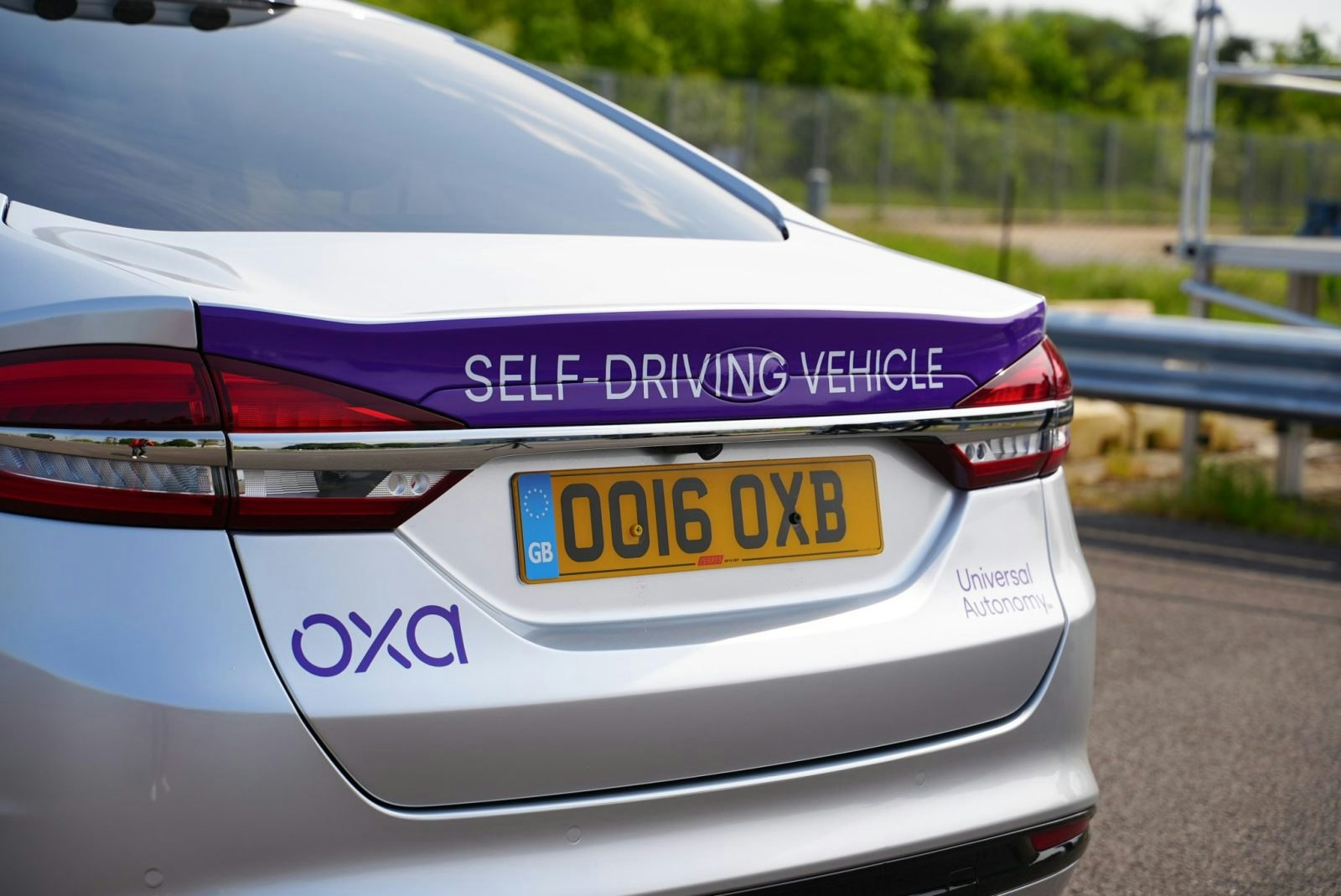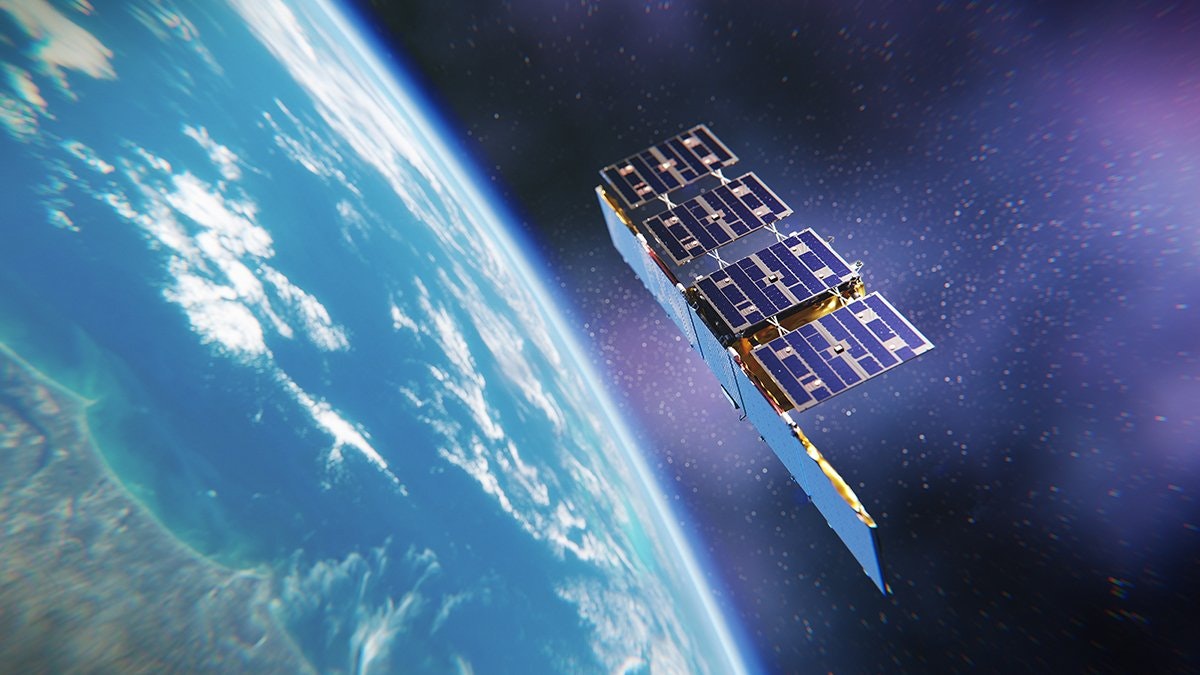A Parisian startup, Gama, has launched a solar sail on board a SpaceX flight, a move which the team says could help pave the way for a new era of space travel. It’s the first deployment of a European solar sail — and an example of private tech companies starting to mark historical space milestones.
Solar-powered sails have long been seen as a potential solution to help spacecraft to go further and longer without the need to carry as much fuel. Gama’s tech weighs just 11kg. The solar sail is folded into the spacecraft, launched into space with a rocket, and deployed once in orbit.
The SpaceX Falcon 9 launched into orbit on January 3 with the Gama solar sail on board. The Gama team, which raised a €2m seed round in March last year, set to work on the tech two years ago. Its backers include Bpifrance and CNES, France’s national centre for space studies.
Solar sails work in a similar way to boat sails but instead of wind, they work with light.
“On Earth, you have molecules that bounce off a sail. And that creates a force that pushes the boat. In space, photons play that role. So they don't have any mass, but they have momentum and they have energy,” cofounder Andrew Nutter tells Sifted. Photons are the fundamental unit of light.
When the photons bounce off a reflective surface they transfer some of their energy and that creates a gentle push on the object. There is very little friction in space so, although the push is gentle, it’s enough to generate fairly high speeds.
A long time coming
The 1970s saw the first real-world proof that it was possible to sail on the solar winds. In 1973, one of NASA’s unmanned Mariner probes managed to get itself back on course using solar winds after it ran out of fuel.
Since then, there have been a few demonstration flights using solar sails, notably from the Japanese space agency, and NASA is also working on the tech.
Although space vehicles wouldn’t ever be able to run solely off solar sails (you need fuel to power the initial uplift into the atmosphere), Nutter says the tech could be used to reduce dependency on fuel during longer missions, allowing craft to be lighter and go further.
Gama is emblematic of the uptick in the number of private companies working on space tech in recent years.
Gama has benefited from the democratisation of spacetech thanks to Elon Musk’s SpaceX, Nutter says.
“SpaceX has made access to space very easy, and affordable. Now there's a huge amount of activity in low Earth orbit.” You can book spaces onto SpaceX flights — which are themselves cheaper than others because they can land the same craft and use it repeatedly.
Gama is now working on another test flight, set for two years' time, where it’ll go slightly further up into the atmosphere.
“We're basically doing two test flights, including this one, before we can start to go to Venus, or asteroids or somewhere else a bit exotic.”


